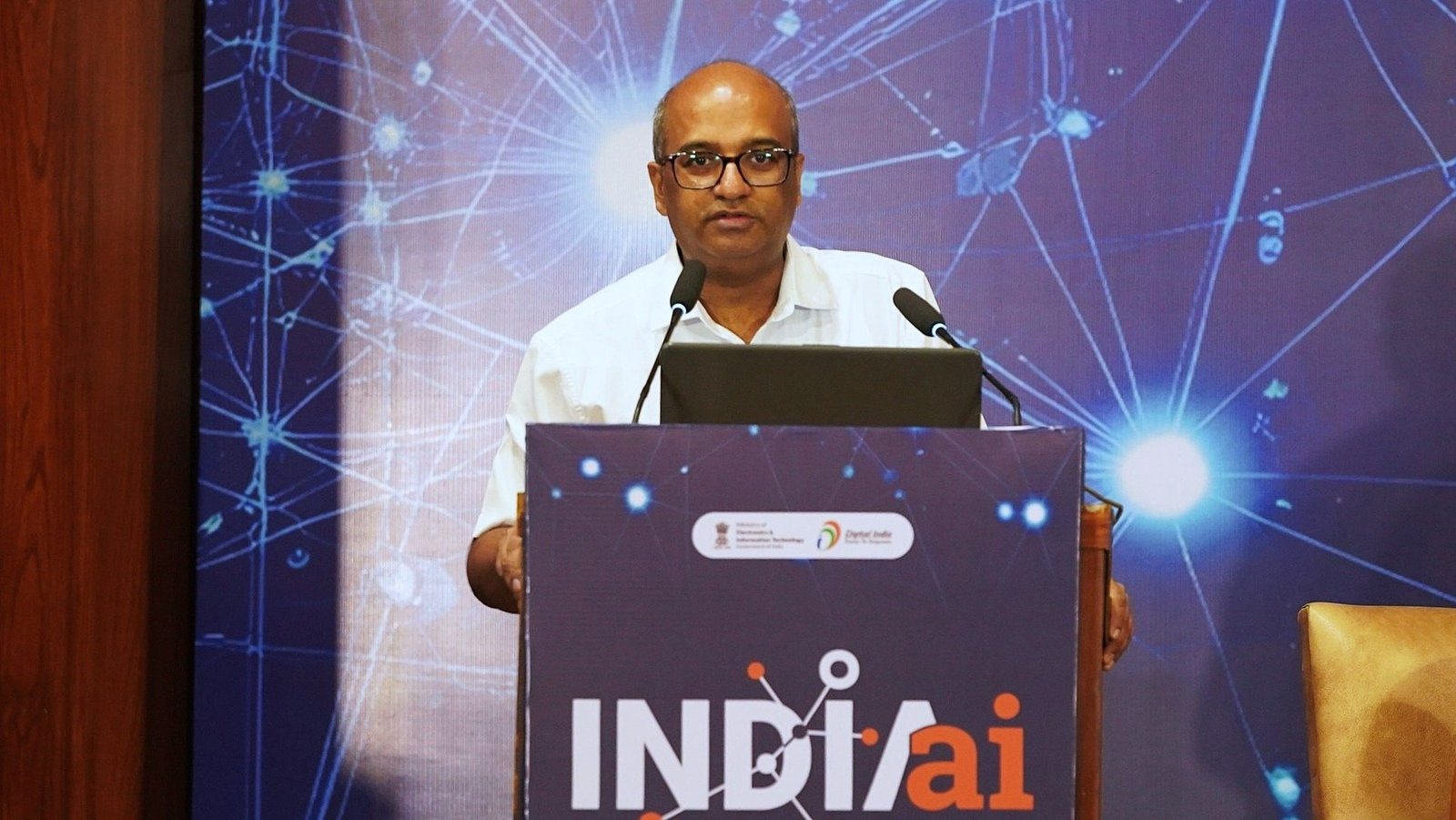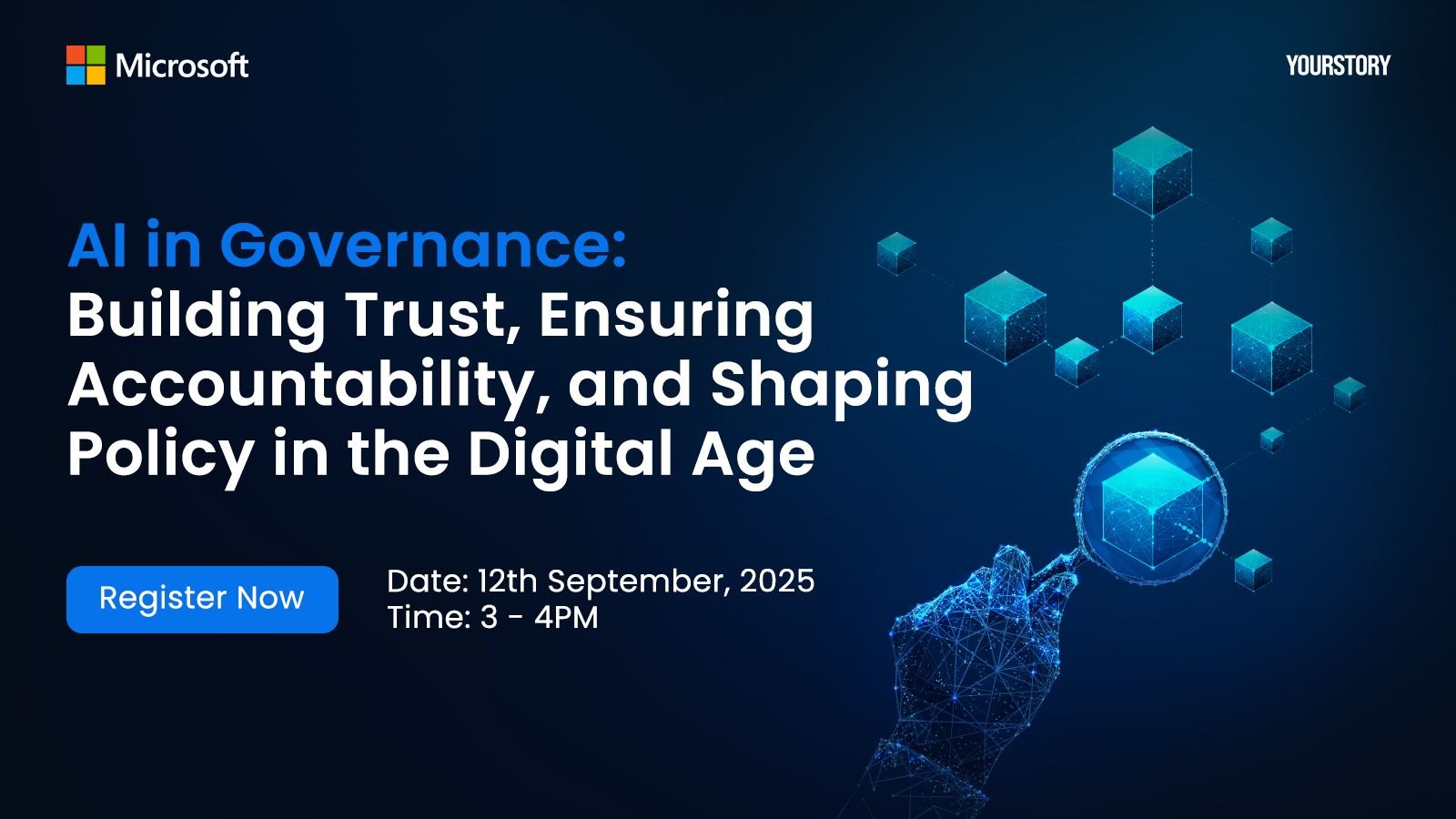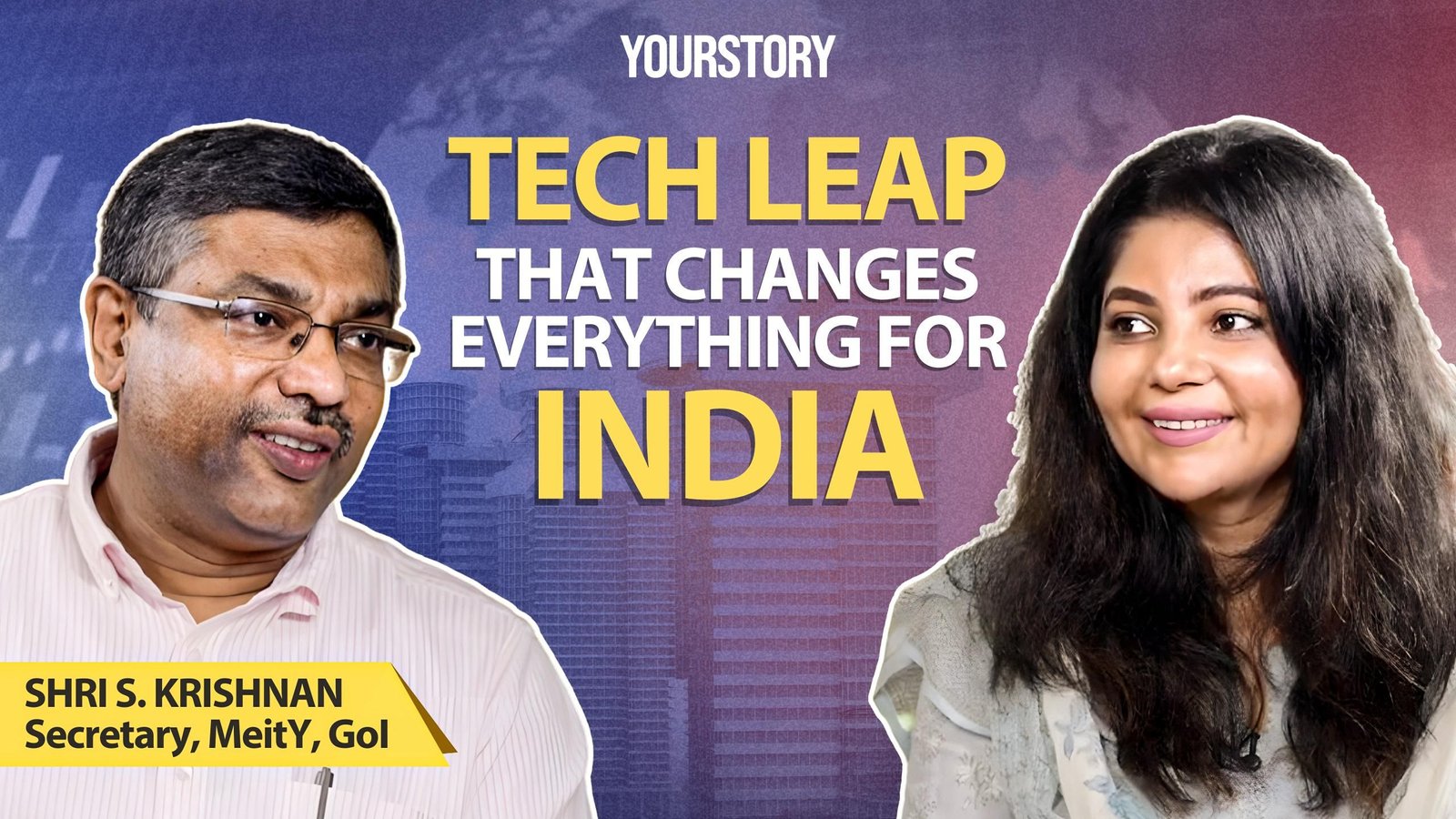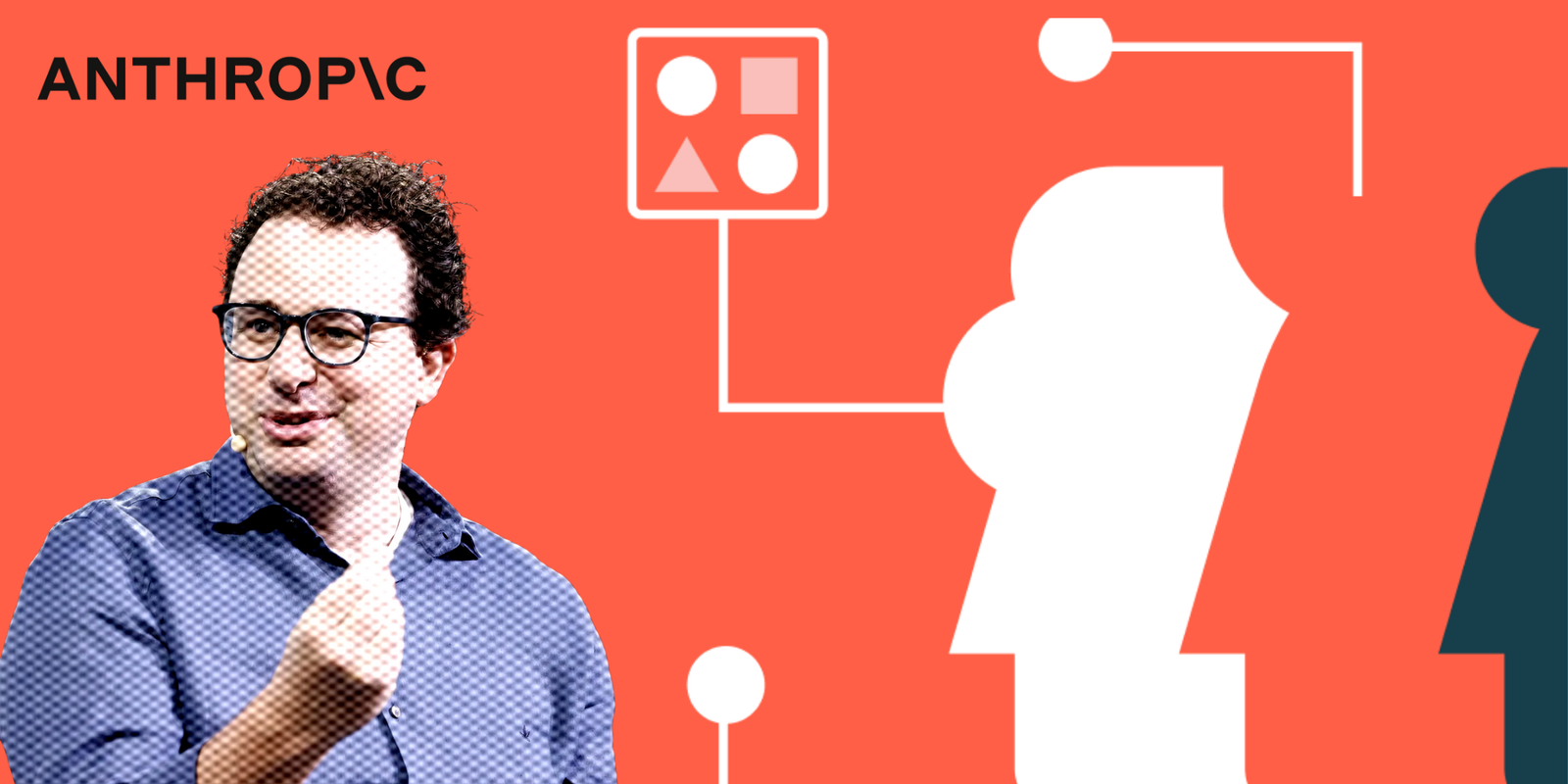Govt sets sights on funding 15–20 homegrown AI models to support developers


Singh said four Indian foundation-model teams have already been funded—Sarvam AI, Soket AI, Gnani.ai, and Gan.ai—and “eight more, including LLMs and SLMs, are at the final stages of selection” and due to be announced shortly.
The remarks highlight an aggressive public-backed push to localise core AI capability—models, data, and compute—in Indian languages and contexts. Singh positioned AI as a productivity lever across agriculture, MSMEs, manufacturing, and public services, while stressing safety, inclusion, and sustainability.
To support AI developers domestically, IndiaAI has arranged “almost 38,000 GPUs” for researchers and startups via tenders at roughly Rs 65 per GPU-hour (under $1), compared with global rates of $2.5–3, Singh said at the event. He argued that this substantially eases a binding constraint for local developers.
.thumbnailWrapper{
width:6.62rem !important;
}
.alsoReadTitleImage{
min-width: 81px !important;
min-height: 81px !important;
}
.alsoReadMainTitleText{
font-size: 14px !important;
line-height: 20px !important;
}
.alsoReadHeadText{
font-size: 24px !important;
line-height: 20px !important;
}
}

However, he also flagged energy and carbon constraints, urging green-power allocation and efficiency so that AI growth doesn’t come at the cost of sustainability.
The remarks came alongside an update that about 30 government-funded AI prototypes are being positioned for deployments with ministries and states. IndiaAI’s Application Development Initiative noted that 30 applications qualified in Phase 2 are now in technical hardening and department alignment—and are poised to roll out as state or ministry projects. Themes include tuberculosis triage, crop advisory, disaster alerts, grievance redressal, and assistive learning.
IndiaAI is planning an AI Impact Summit in Delhi in February 2026—focused on “people, planet, progress”—with working groups on jobs and skilling, economic productivity, social inclusion, democratising AI resources (compute/data/models for the Global South), sustainable AI, AI-for-science, and safety.
Hackathons (including programmes for women researchers), a startup pitch-fest, a research symposium, and an expo are planned as lead-up and on-site events.
Edited by Kanishk Singh
Discover more from News Hub
Subscribe to get the latest posts sent to your email.







